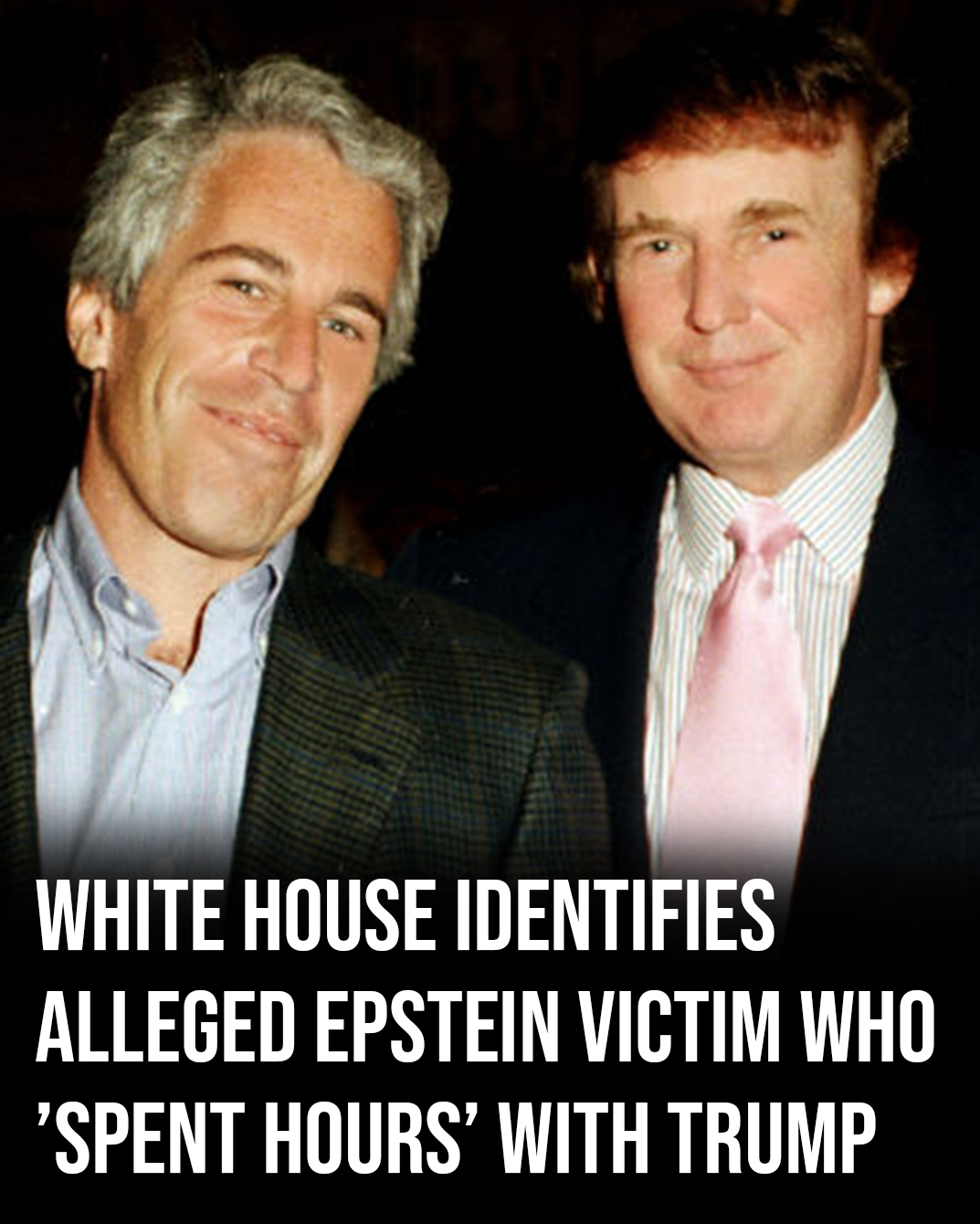White House identifies alleged Epstein victim said to have spent hours with Trump
Newly released emails have pulled Jeffrey Epstein’s name back into Washington’s political arena, this time because they include references to former President Donald Trump. The messages, published by Democrats on the House Oversight Committee, span from 2011 to 2019 and offer a glimpse into how Epstein spoke about Trump, the investigation surrounding him, and the people in his circle. None of the emails prove criminal behavior by anyone involved, but their tone has quickly reignited political tensions.
According to committee staff, the messages are part of a larger document collection connected to congressional inquiries into Epstein’s network — a broad effort that has already sparked hearings and partisan disagreement. What stands out in this set is the way Epstein mentioned Trump, sometimes casually, sometimes in frustration. While the emails are vague, Democrats say they raise enough questions to justify releasing more documents. The White House views the situation differently, arguing that the material is being framed in a misleading way for political gain.

